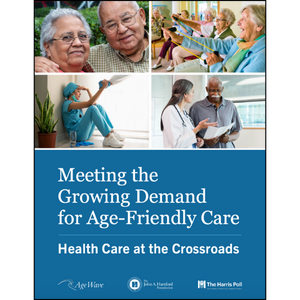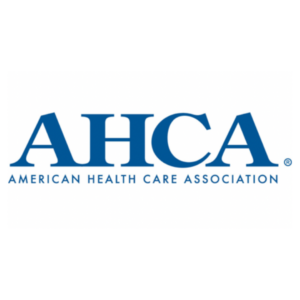GAO issues report on advance directives
People who are older, white, female or have higher levels of education or income are more likely to have advance directives, such as living wills or healthcare powers of attorney, in place, according to a review of studies conducted by the Government Accountability Office (GAO).
The GAO performed the review on request, because Medicare and Medicaid fund care for many people during the last six months of their lives. Also, the Centers for Medicare & Medicaid Services oversees implementation of the advance directive requirement of the Patient Self Determination Act by nursing homes, hospices, home health agencies and other providers.
Among the other findings of the report:
- Patient education or population-specific materials may assist providers with the challenges they face, including being uncomfortable talking about end-of-life issues and the lack of time for such discussions.
- In 2013, 47 percent of adults aged more than 40 years had an advance directive, according to the Institute of Medicine.
- 65 percent of nursing home residents had advance directives in 2004, and 88 percent of discharged hospice patients had advanced directives in 2007, according to the National Center for Health Statistics.
Related content:
Ezekiel Emanuel: Meaning, not length, most important in life

Lois A. Bowers was senior editor of I Advance Senior Care / Long-Term Living from 2013-2015.
Related Articles
Topics: Medicare/Medicaid











